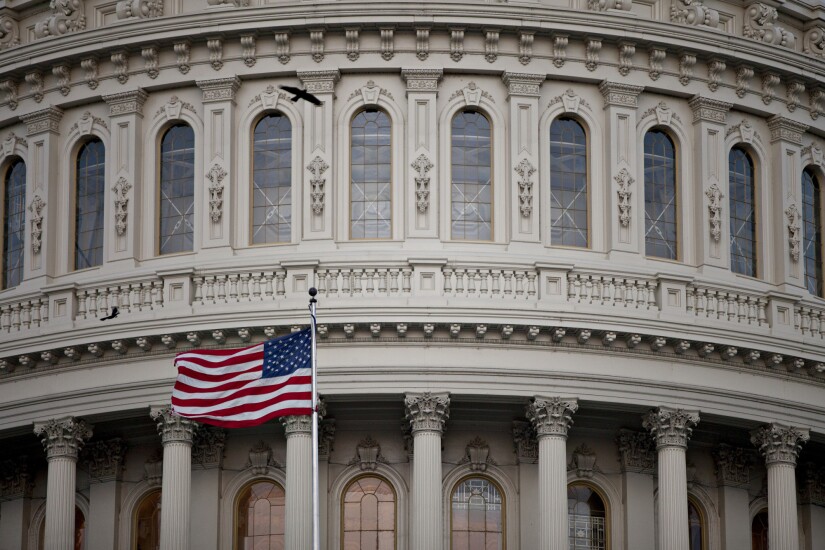
The post-election lame duck session of Congress offers a last opportunity to take action on matters that have kept getting put off through the two years of the current Congress. If action is not taken before the term ends, bills must be reintroduced and the work must begin anew in a new Congress. Election outcomes can influence what happens in the lame duck session. A party losing control may view it as a last opportunity to try to get a piece of legislation through. A party gaining control may prefer to try to put off any legislative action until the new Congress when they will have a greater voice.
In the current Congress there will be considerable pressure to take some action. A new budget for the 2023 fiscal year has not yet been approved, along with the related spending bill. While the fiscal year began on Oct. 1, 2022, a continuing funding resolution has pushed the current deadline to Dec. 16, 2022. Although there is as usual talk of shutting down the government if agreement cannot be reached, and this has happened in the past, usually there is a lot of pressure to reach a deal to avoid being blamed for a government shutdown.








